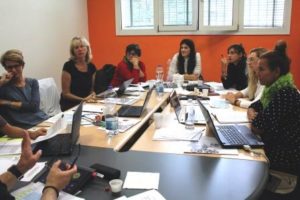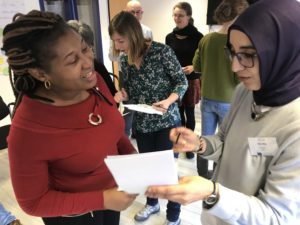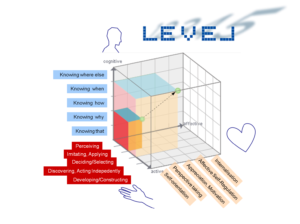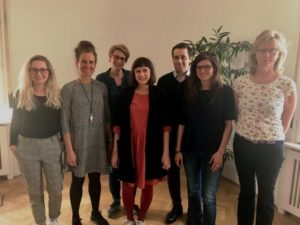 In October the VIC team met in Padova to finalise the training offer and to plan the national pilots.
In October the VIC team met in Padova to finalise the training offer and to plan the national pilots.
The piloting period will be inaugurated with national workshops organised by the partner organisations. These workshops will serve to introduce the VIC idea and the approach, on the one hand, and to demonstrate the e-learning platform and some practical activities, on the other hand. The e-learning modules are available in English, French, Italien, and German. The Greek participants will work on the English version of the platform. Greek will be made available in summer 2019.
If you are interested in participating in one of the workshops, please contact the partner organisation of your country.
If you are interested in taking part in the training course, please register here.


 In May, the German National Agency invited the VIC team to contribute with an article to the EPALE’s thematic focus for June “Assessing adults’ skills”. The article highlights major findings from the first research phase, gives an overview of the envisaged training course for adult educators, and explains the guiding principle for the further development work.
In May, the German National Agency invited the VIC team to contribute with an article to the EPALE’s thematic focus for June “Assessing adults’ skills”. The article highlights major findings from the first research phase, gives an overview of the envisaged training course for adult educators, and explains the guiding principle for the further development work. The second
The second  On 10./11. of April, the VIC partners met in Vienna and started developing the competence framework based on LEVEL5 for assessing and validating refugees’ competences related to the integration process.
On 10./11. of April, the VIC partners met in Vienna and started developing the competence framework based on LEVEL5 for assessing and validating refugees’ competences related to the integration process. VIC aims to validate integration competences of refugees and the impact of integration programmes.
VIC aims to validate integration competences of refugees and the impact of integration programmes.